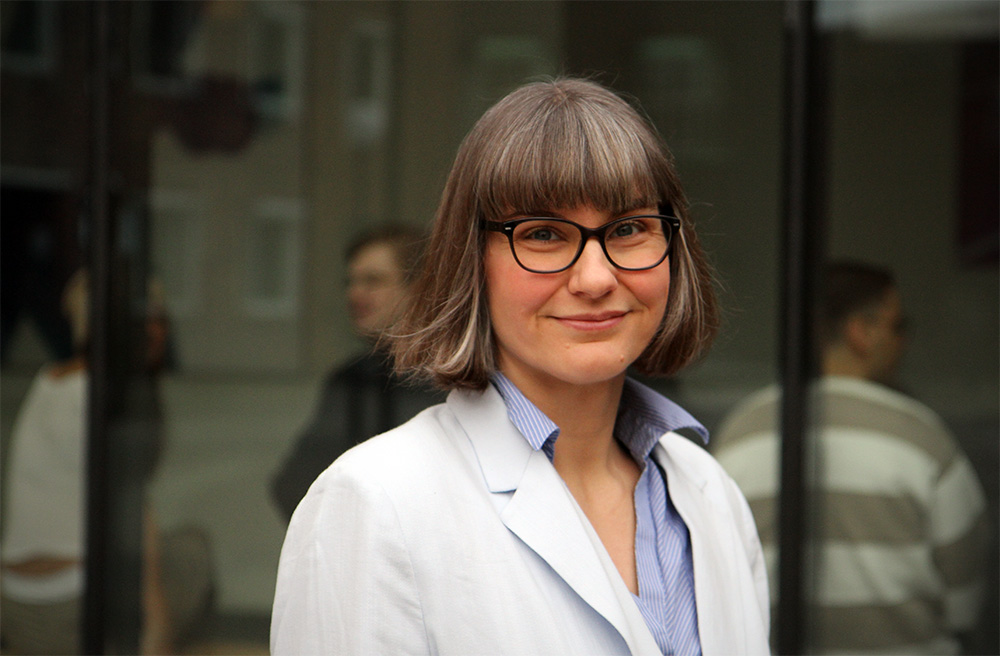Handbook offers guidance for faster climate transition

The technology exists to tackle the climate crisis, but the political will lags behind. This is one of the messages in the new handbook, Climate Change and Technology, on one of the major issues of our time, written by some 60 researchers. The book’s editor, Frauke Urban, professor of Industrial Economics at KTH, hopes to inspire new solutions.
The handbook examines the role of technology in different key sectors to make society more sustainable. Many of the authors call for greater political will to implement the technical, political and economic measures available on a larger scale, thus addressing climate change both nationally and globally.
“There is still a mismatch between climate science and climate policy,” Urban says.
“Current climate policy does not meet the Paris Agreement's goal of limiting the global temperature increase, even though many countries have introduced net-zero emissions targets. But then climate policy must also become more ambitious and actually deliver emission reductions sooner rather than later.”
What is the most important measure to start with?
“In Sweden the transport and industrial sectors still have high emissions. At the global level the energy sector needs to shift from fossil fuels to low-carbon energy to reduce emissions. So the most important measure is a reduction in emissions from the highest emitting sectors.”
How urgent it is the need for transition?
According to the latest report by the Intergovernmental Panel on Climate Change (IPCC), global emissions should peak around 2025 and a reduction of about 70 percent needs to be achieved by 2050 to stay below the 2C target.
The book has a broad scope and is based on both technical and social science analyses.
“Most other scientific books on climate change are quite narrow and focus on one part, not the whole system perspective,” says Urban.
The focus is on the latest technological innovations to both mitigate climate change and adapt society to its consequences. Economic, political and sociological perspectives are also addressed, with the aim of exploring how modern technology can contribute to a transition that is both efficient and socially fair.
The response has been positive, with favourable reviews from international researchers in the field of sustainability transitions. Romina Pourmokhtari, Sweden’s minister for Climate and the Environment, received a copy of the book at the recent launch at KTH.
The handbook is aimed at academics, students, companies and decision-makers. The researchers, 10 of whom are from KTH, contribute expertise in areas such as climate change, energy, industry, sustainability and environmental regulation.
Text: Christer Gummeson

